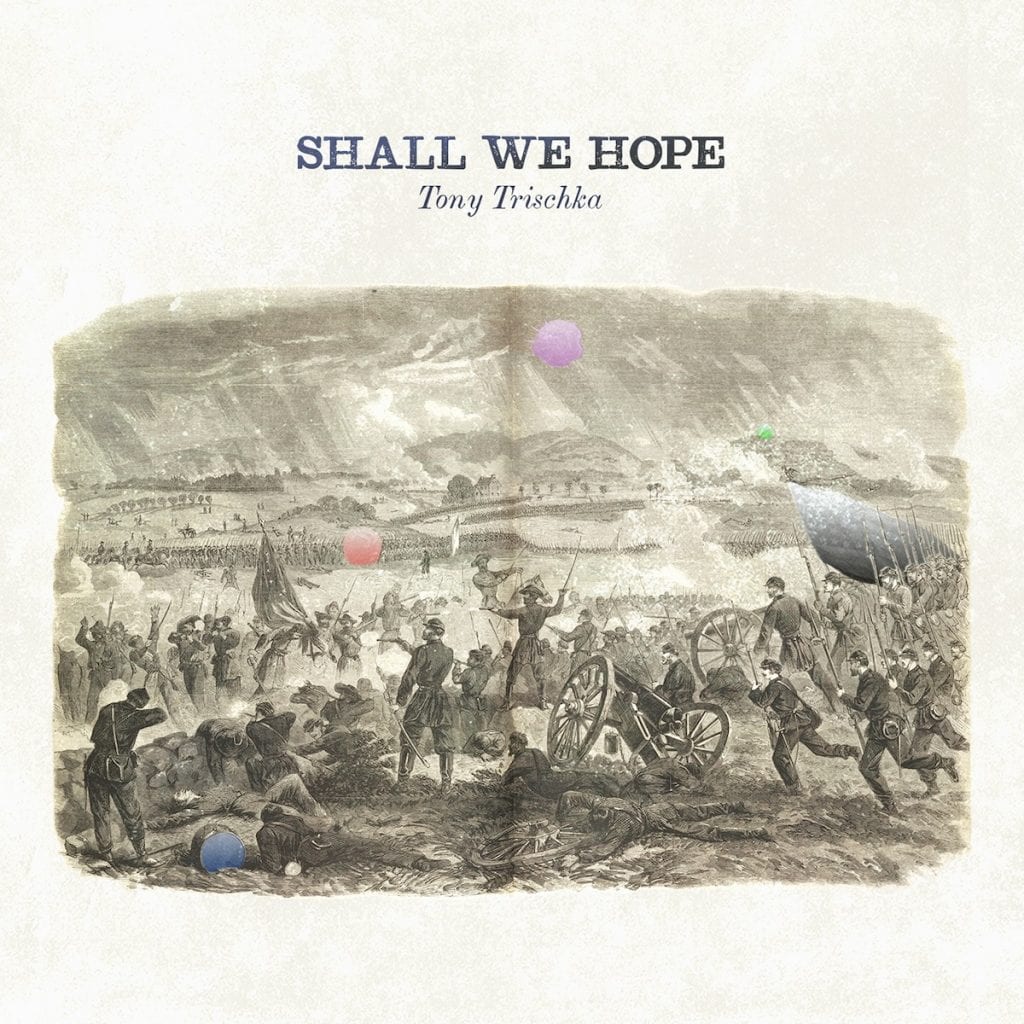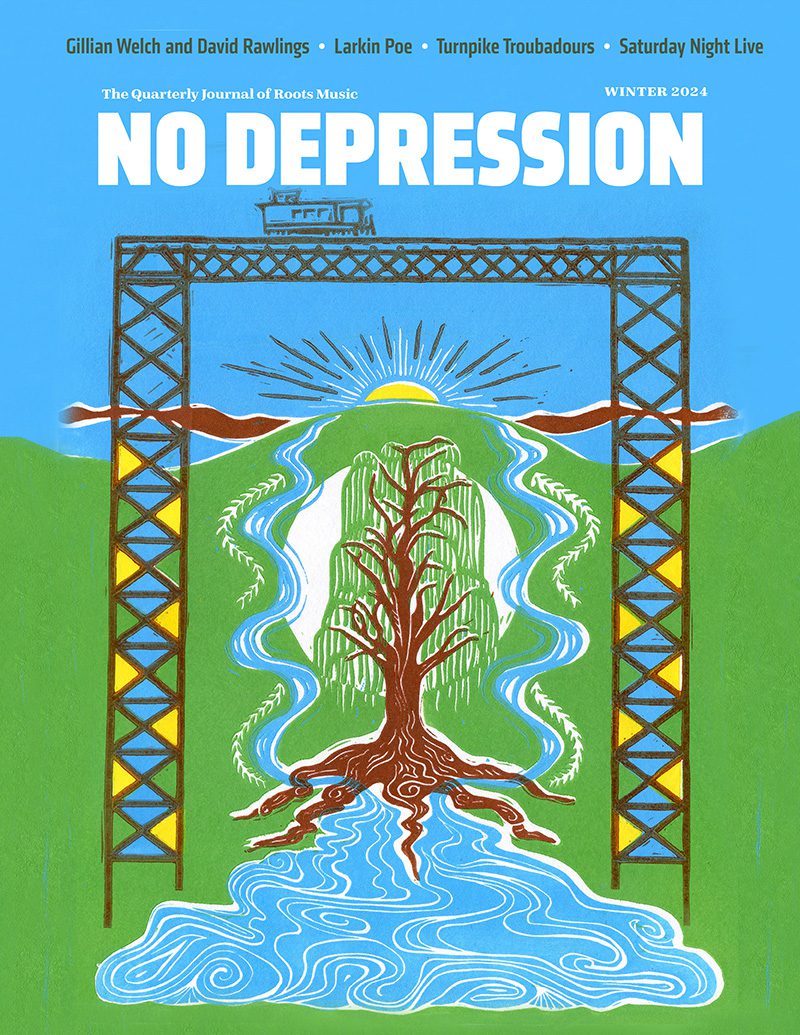Tony Trischka’s ‘Shall We Hope’ Looks to the Past to Find Light in the Present

At the dawn of 2021, the timing could not have been more apropos for Shall We Hope, the ambitious new album from banjo virtuoso Tony Trischka. Not even a week into the new year, the US Capitol saw rioters forcefully enter its hallowed halls and proceed to wreak havoc therein. Some wore shirts that proclaimed a new “Civil War.” America had not been as divided since at least the 1960s.
On Shall We Hope, however, Trischka addresses an even more divided time a hundred years earlier, the actual Civil War. With help from artists as diverse as Tracy Bonham, Guy Davis, Maura O’Connell, Van Dyke Parks, Catherine Russell, and more, Trischka examines all sides of the conflict, not only the well-worn North vs. South narrative.
The soldiers on either side of the conflict are examined, of course, but also the families and loved ones left at home as well as the lives the war — and its cause — have affected most. Davis turns in the dramatic recitation “A Letter from John Boston to His Wife” after delivering the powerful “Leaving This Lonesome Land.” In turn, Russell’s delivery of “I Know Moon-rise,” which recounts a ritual that sent an enslaved soul back home to Africa, perfectly captures the unimaginable conditions the song’s subjects suffered for generations.
The album is centered around the 75th anniversary of the battle at Gettysburg and words spoken by President Franklin Delano Roosevelt during its ceremony in July 1938 while Union and Confederate veterans, most then in their 90s, shook hands across a stone fence. Roosevelt’s words, spoken by actor John Lithgow, conclude with a sentiment that sounds like a wishful and hopeful prayer for our current times: “All of them we honor; not asking under which flag they fought then, thankful that they stand under one flag now.”



